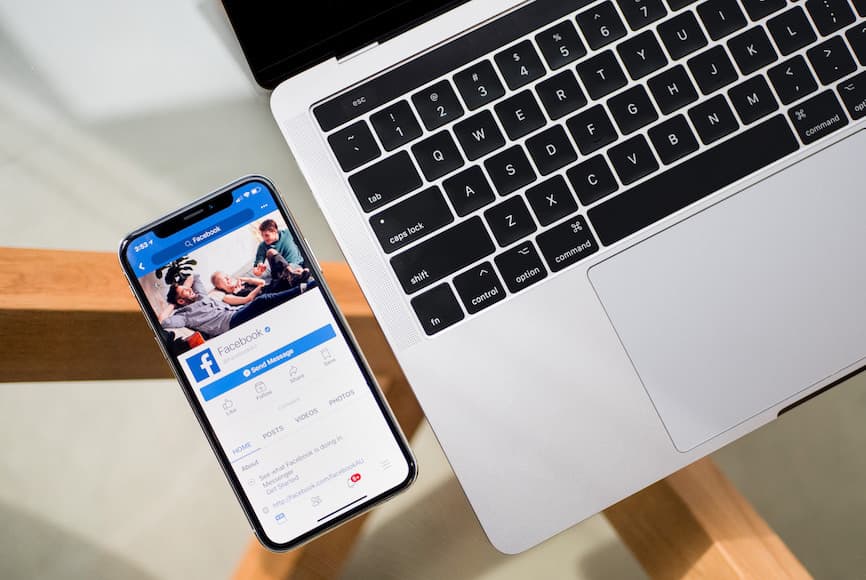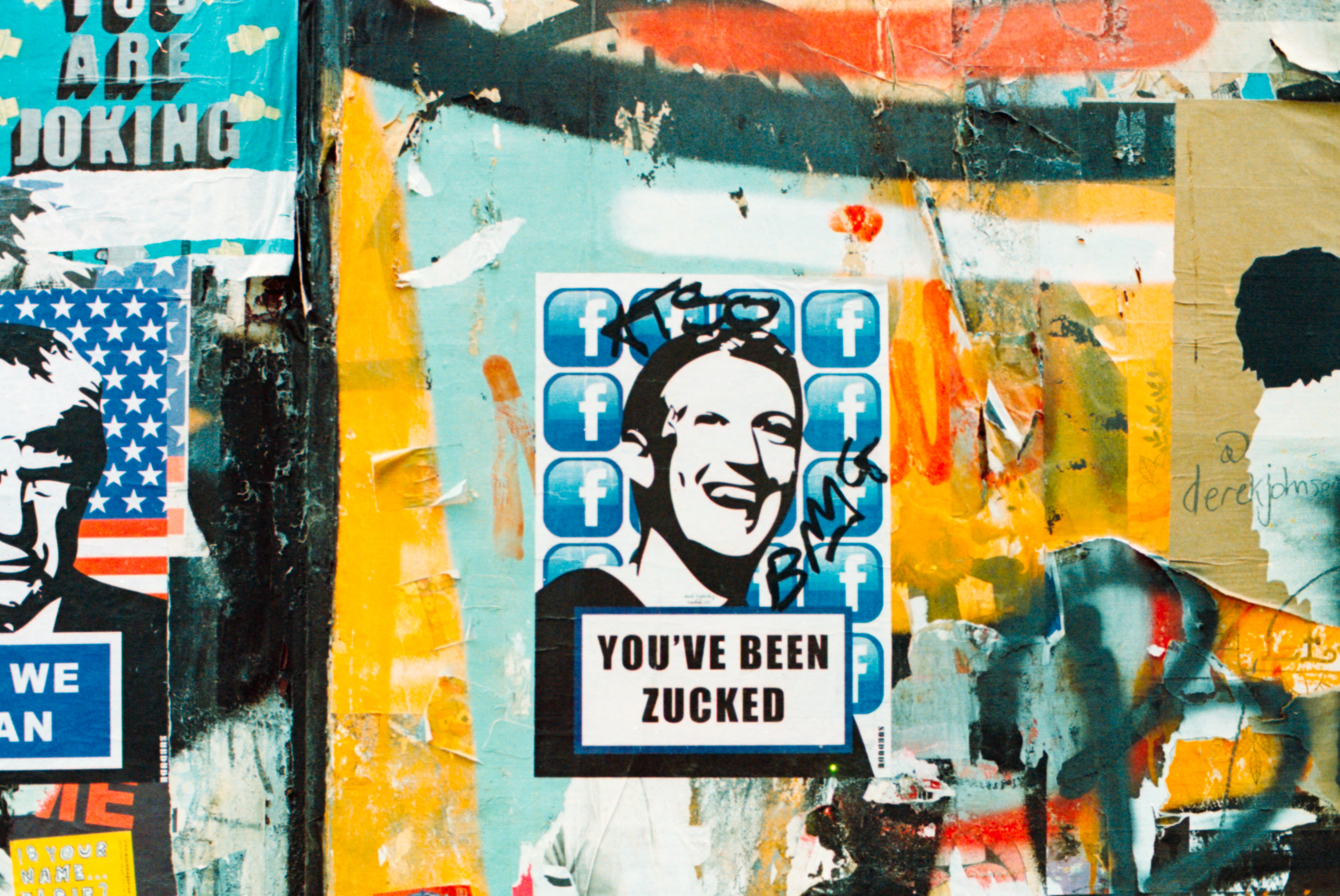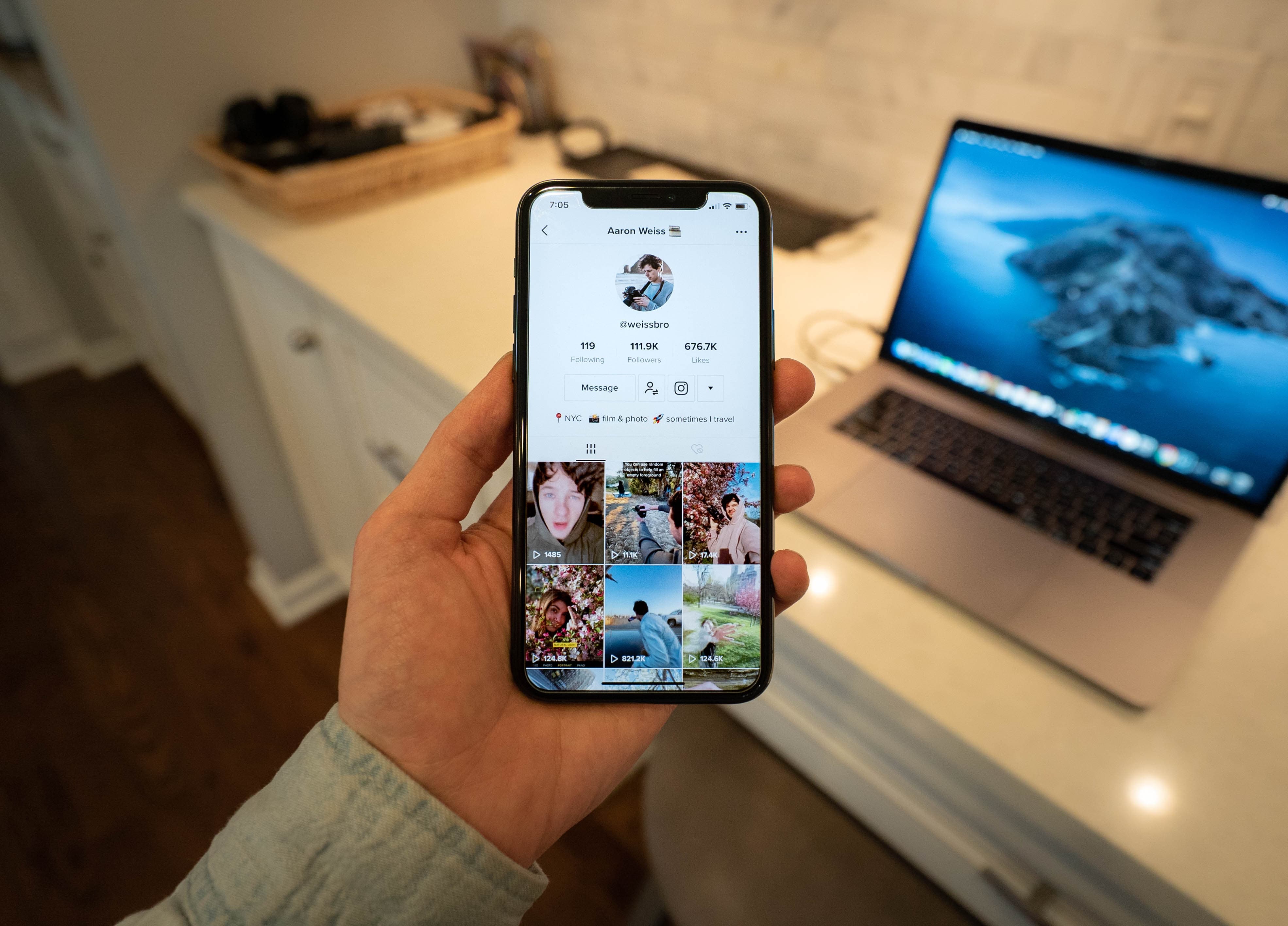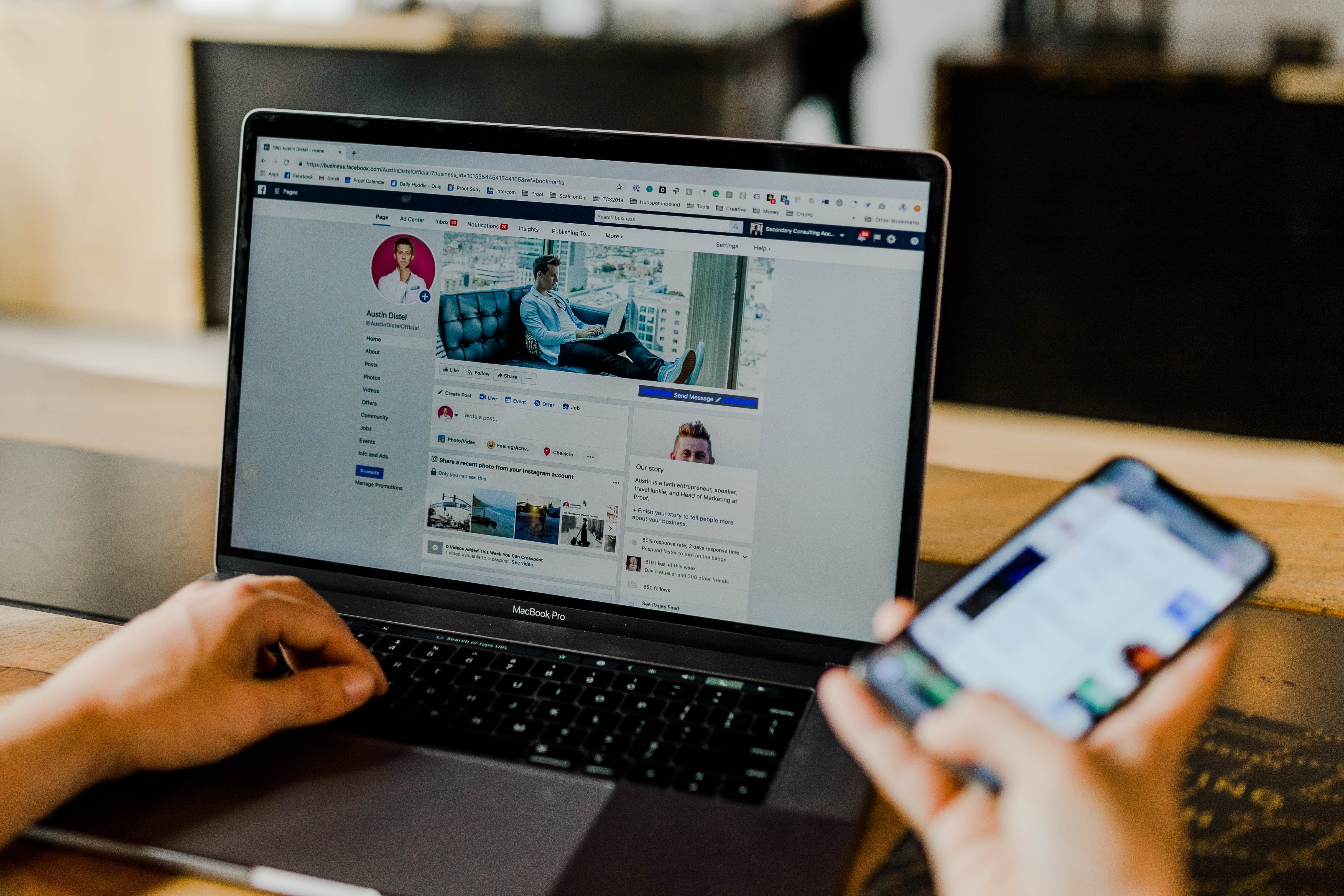Facebook doesn't work for publishers

Things go from bad to worse for Facebook. Its parent company Meta has just been hit with record-breaking $1.24 billion fine for breach of EU data regulations. There has been over 10 years of debate over the case of sending EU-based Facebook users' data to the US (where there is less privacy protection) and this week it has resulted in the largest-ever fine for a breach of the general data protection regulations (GDPR). In short, Meta has been illegally sharing our private data without our consent.
This isn't the first bad news for people using Facebook. Far from it. Back in 2018, when Facebook announced yet another change to their news feed, this time to “prioritize posts that spark conversations and meaningful interactions between people” and “prioritize posts from friends and family over public content”, it seemed friendly enough. If you’re a Facebook user, what’s not to like? Everyone wants to hear more from their friends and family and less incessant news.
But what about publishers? The very same publishers Facebook cozied up with back in 2014? Facebook had assured publishers news was different than Facebook Pages, which some consider the biggest bait and switch in history. The news was valuable, unassailable, one of the “10 most important things”; but that's no longer true. Facebook now considers news, and those publishers producing it, mostly expendable.
Is Facebook still useful? Why it doesn't work for publishers
All marketing experts understand the allure of Facebook’s reach and integration capabilities, but there are substantive reasons why content creators and independent publishers should think twice before using Facebook as their primary platform.
 Facebook-related street art in Shoreditch, London
Facebook-related street art in Shoreditch, London
Here are a few key considerations.
1. Algorithmic control
Facebook operates on a complex algorithm that determines what content appears in users' feeds. This algorithm is frequently changed, and the criteria for what is prioritized can be opaque. Content creators may find that despite their best efforts, their content is not reaching their intended audience, or that their reach fluctuates without clear reasons. This lack of control can be frustrating and may undermine the efforts of content creators and publishers to consistently engage their audience.
2. Pay-to-play model
While Facebook offers a free platform for sharing content, the reality is that organic reach is increasingly limited. Facebook is designed to make money, and one of the ways it does this is through advertising. This means that to get your content seen by a wider audience, you may have to pay for promotion. This pay-to-play model can be prohibitive for independent creators and publishers, especially those just starting out.
3. Lack of brand control
Facebook’s design and format constraints can limit how creators present their brand. The platform’s uniformity means it’s challenging to make your brand or content stand out. The site's visual and interactive limitations may not align with a creator's or publisher's vision for their content or branding.
4. Audience demographics
While Facebook boasts a massive user base, demographics are shifting. Younger audiences are migrating to other platforms like Instagram and TikTok, while Facebook's user base is aging. If a content creator's target audience is younger, Facebook may not be the best platform for reaching them.
 Younger audiences are migrating to other platforms like TikTok
Younger audiences are migrating to other platforms like TikTok
5. Time and effort investment
Creating content that meets Facebook's criteria for high visibility requires significant time and effort. The 'quick and dirty' posts that were once acceptable no longer cut it. High-quality videos, interactive content, and frequent posting are needed, which may not be feasible for independent creators without a team or significant resources.
6. Platform instability
Lastly, Facebook's future is not guaranteed. Despite its current dominance, the digital world changes rapidly. Relying too heavily on a single platform is a risky strategy. It's wise to diversify and build a presence on multiple platforms to protect against sudden changes in platform popularity or policy.
Take the power back
So, what’s the lesson here? Publish on your own website. Give your readers the opportunity to support you directly and stop depending on closed platforms like Facebook. Facebook could care less about supporting publishers, so don’t build your business on top of Facebook.
 Publish on your own website and take the power back from Facebook
Publish on your own website and take the power back from Facebook
“Writing as opposed to liking, thinking as opposed to reacting, owning your traffic as opposed to building up your Facebook followers that one day a Zuckerberg will take away from you when it suits his needs... Don’t post thoughts on Facebook. Use it to get traffic,” -- essentially, take the power back says iA.net.
Yes, Facebook and Google are great channels for your audience to find you and for you to share your content, but choosing those channels as a primary place to host and distribute content means being at the whim of any changes they make. Don’t trust them, and certainly don’t rely on them.
However, now for the good news: independent publishing still works (we see this every day at Memberful) and the internet, as small pieces loosely joined, still works as well. You just have to find your niche and create valuable content; content that is not written and consumed passively, but actively and thoughtfully.
Need an example? Look at Jason Kottke. He successfully switched to an audience-supported business model. Here’s what he had to say about closed platforms:
“I didn’t want to outsource [my content] to Patreon if in three years they do some sort of Facebook-esque thing and start hosting more and more content on their site so that it becomes more about them and less about the creators. I could just see that happening, and I didn’t want to go anywhere near it.” — NeimanLab
Conclusion: Facebook doesn't work for publishers
Do you really want your content to live on another platform? Remember MySpace and Google Plus? And now Facebook? When you host your content on a closed platform, you forfeit your choice. You are no longer in charge. You’re forced to play by their rules, and if you don’t like the rules, you’re forced to leave or fail. Live by the algorithm, die by the algorithm.
In some cases, users fight back, and changes are made in their favor (see: Patreon rolling back their updated fee structure), but don’t count on it.
Sure, at Memberful we think an audience-backed approach works, but even if that’s not for you, at least start using your own tools and your own website. It’s a smarter safer bet than depending on closed platforms like Facebook, who extract value from creators and publishers while promising little to nothing in return.
Subscribe for updates
Stay up to date on Memberful's latest product updates, insights, and teaching centered around growing your community.
Have an audience?
Customers like Mythical (28+ million subscribers) rely on Memberful to power their membership communities.
Get started for free